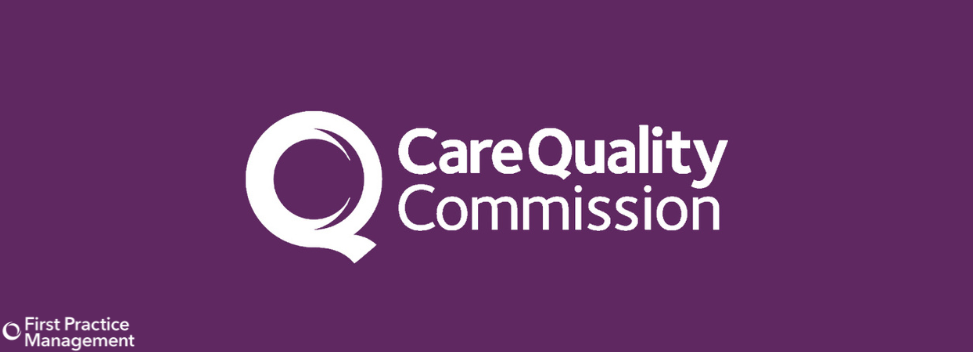
The Dash Report, a comprehensive review of the Care Quality Commission (CQC), was recently published in full. Its findings call for reform, highlighting significant operational challenges, credibility issues and concerns with the Single Assessment Framework (SAF).
The Dash Report outlines a series of recommendations to address these shortcomings, including improving operational efficiency, rebuilding expertise, revising the SAF, and strengthening the CQC's sponsorship relationship with the Department of Health and Social Care (DHSC).
Key Findings from the Dash Report
The Dash Report highlights several key areas where the CQC can improve its operations and effectiveness:
- Operational Inefficiencies: The CQC has experienced a decline in inspection activity, delays in reporting, and challenges with its IT systems.
- Loss of Credibility: The CQC has lost credibility due to a decline in sector expertise, internal restructuring, and inconsistent ratings.
- Single Assessment Framework (SAF) Issues: The SAF, designed to simplify assessments, has been criticised for its complexity, lack of clarity, and limited focus on outcomes.
- Ratings and Calculations: The CQC's method of calculating ratings is unclear, and the use of historical data has raised concerns.
- Local Authority Assessments: While the CQC's approach to assessing local authorities is generally supported, improvements are needed in areas like engagement and expertise.
- Integrated Care System (ICS) Assessments: The CQC's ICS assessment process is in its early stages and faces challenges in defining objectives, collecting data, and ensuring alignment with other frameworks.
- Support for Improvement: The CQC can play a more active role in supporting improvement by sharing best practices, providing guidance, and fostering innovation.
- Sponsorship Relationship: The Department of Health and Social Care (DHSC) should strengthen its sponsorship of the CQC to ensure effective oversight and accountability.
Recommendations for the CQC
The Dash Report makes several recommendations to address these issues, including:
- Operational Improvements: Improve efficiency, address IT challenges, and enhance report quality.
- Rebuild Expertise: Reinstate sector expertise and strengthen relationships with providers.
- SAF Review: Revise the SAF to improve clarity, focus on outcomes, and support innovation.
- Ratings Transparency: Clarify rating calculations and make results more transparent.
- Local Authority Assessments: Enhance assessment processes and build stronger relationships with local authorities.
- ICS Assessments: Pause ICS assessments to address challenges and refine the approach.
- Strengthen Sponsorship: Improve DHSC's sponsorship of the CQC to ensure accountability and effective oversight.
What it means for Primary Care
The Dash Report has significant implications for Practices, who can use the findings and recommendations to pre-empt how their Practices could be asked to prepare for future CQC inspections;
- Data-driven decision-making: Evidence that there is effective data collection and analysis processes in place.
- Focus on outcomes: How they prioritise, measure, and demonstrate positive patient outcomes.
- Innovation: Show how they have embraced new approaches and technologies to enhance care delivery.
- Communication: Maintaining clear and open communication with networks, other providers and the CQC.
The Dash Report presents a stark assessment of the Care Quality Commission, described by some as a ‘wake-up call’ for the CQC - the report's recommendations call for urgent reforms to improve the CQC's effectiveness and ensure it can effectively regulate healthcare and social care services in England.

0 Comments